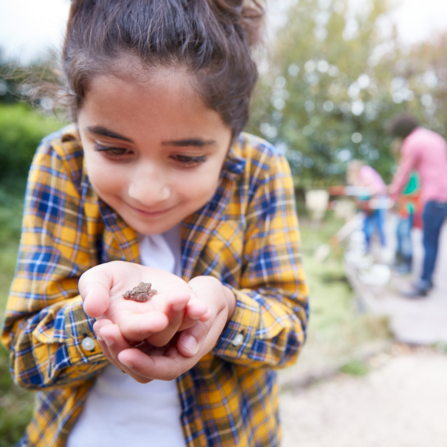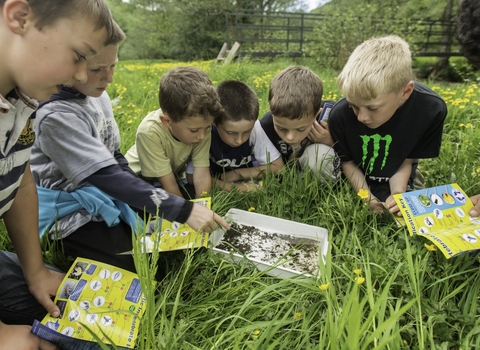Learning outdoors is good for mental health and well-being
The coronavirus pandemic has shone a light on our children’s mental health and well-being, exposing an urgent need to address some of the very real challenges that they are facing. Simultaneously, there is growing recognition of the positive benefits that spending time in ‘green spaces’ can have and there is a growing body of scientific research that confirms this.
Nature Nurtures Children
The Wildlife Trusts commissioned a study by the Institute of Education at University College London (UCL) to evaluate the impact that experiencing nature has upon children. The study focused on over 450 primary school children and the effects of Wildlife Trust-led activities on their wellbeing. This is one of the largest studies into the effects of outdoor activities on children’s wellbeing and views about nature.
Overall, the research revealed that children’s wellbeing increased after they had spent time connecting with nature. The children showed an increase in their personal wellbeing and health over time; they showed high levels of enjoyment and an increased connection to nature.
Key Findings:
- 90% they had learned something new about nature
- 84% felt that they are capable of new things when they try
- 81% said they had better relationships with their teachers
- 79% said they thought the experience would help them with their school work
- 79% felt more confident in themselves
- 79% felt that they had better relationships with their class mates
Read a summary of Nature Nurtures Children
Read the full report Children and Nature
Learning outdoors is good for physical health and academic achievement
In 2016, Natural England found links between learning in natural environments and positive impacts upon learning processes and outcomes.
Key Findings:

- Children engaged in learning in a natural environment have higher levels of achievement in reading, maths and science
- Pupils have been found to make 3 additional months of progress in terms of learning outcomes compared to their peers
- Pupils have improved attendance rates
- Greener school grounds have been linked with better motor skills and rates of physical activity
Source: Natural England Access to Evidence Information Note EIN017)

